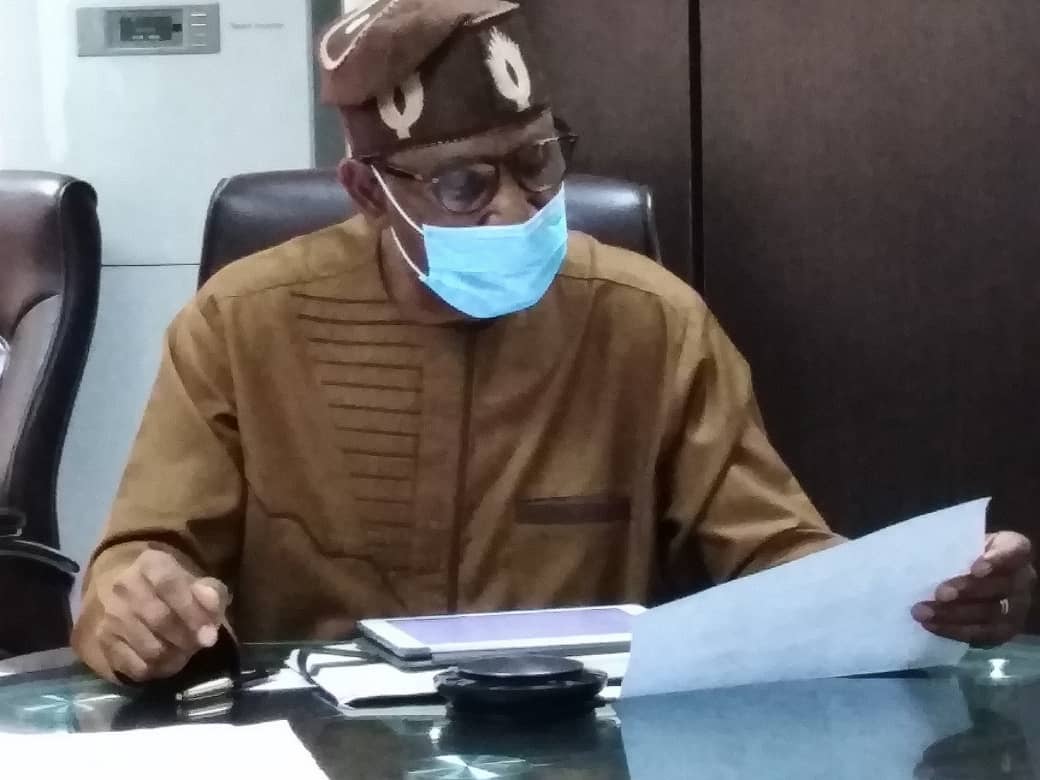Sen. Olorunnibe Mamora, the Minister of State for Health on Monday said that the Federal government is working towards the review of the Nigeria Herbal Pharmacopoeia and the Traditional Medicine Policy.
He added that, the efforts of government in this regard have greatly minimized the negative consequences of the disease on the health and economy of Nigerians.
Mamora made this known at a press conference to commemorate African Traditional Medicine Day on Monday in Abuja, saying, all these measures are aimed at strengthening our resources for delivery of quality, efficacious and safe traditional medicine products.
According to him ; “We also have in place an expert committee for the setting up of Traditional, Complementary & Alternative Medicine Institute to serve for the training of professionals in this sector.
“The series of events in the world during this period of the COVID-19 pandemic calls for the need to look inwards and consider local production of medicines as necessary for national security and attainment of Universal Health Coverage.
“The Federal Ministry of Health on its efforts for local content tasked the National Institute for Pharmaceutical Research & Development (NIPRD) and National Agency for Food and Drug Administration & Control (NAFDAC) to scale up their activities towards the search for a local solution to the pandemic.
“The Federal Ministry of Health is working in collaboration with international organizations and relevant MDA’s to ensure the discovery of effective remedies against COVID-19 and other diseases from the rich and extensive flora of the country”, he said.
In his opening remarks, the Permanent Secretary, Alh Mahmud Mamma said that Nigeria is blessed with about 8,000 medicinal plants yet to be utilized in the area of research, development and value addition.
He added that, it is estimated that about 80% of the population that live in the rural communities utilize traditional medicine.
He said that, traditional medicine practice preceded the use of conventional medicine in all parts of the world, Nigeria inclusive.
He added, “There is therefore the need to look in wards to research and develop our medicinal plants for the benefit of all. The Federal Ministry of Health has intervened in several ways in order to develop, promote and institutionalize Traditional Medicine.
“We are also working on the establishment of a wellbeing Centre in the Ministry to serve the public.
The economic benefit of traditional medicine is the provision of jobs to our unemployed youths in the area of conservation, cultivation and harvesting of medicinal plants. This will help reduce youth restiveness.
The activities for this event include exhibition and symposium”, he added.
He said, WHO will continue to provide technical assistance to the TCAM department, National Institute of Pharmaceutical Research and Development (NPRD) and NAFDAC in improving the quality of medicinal products and ensure the listing of these products in the National Essential Medicines List.

